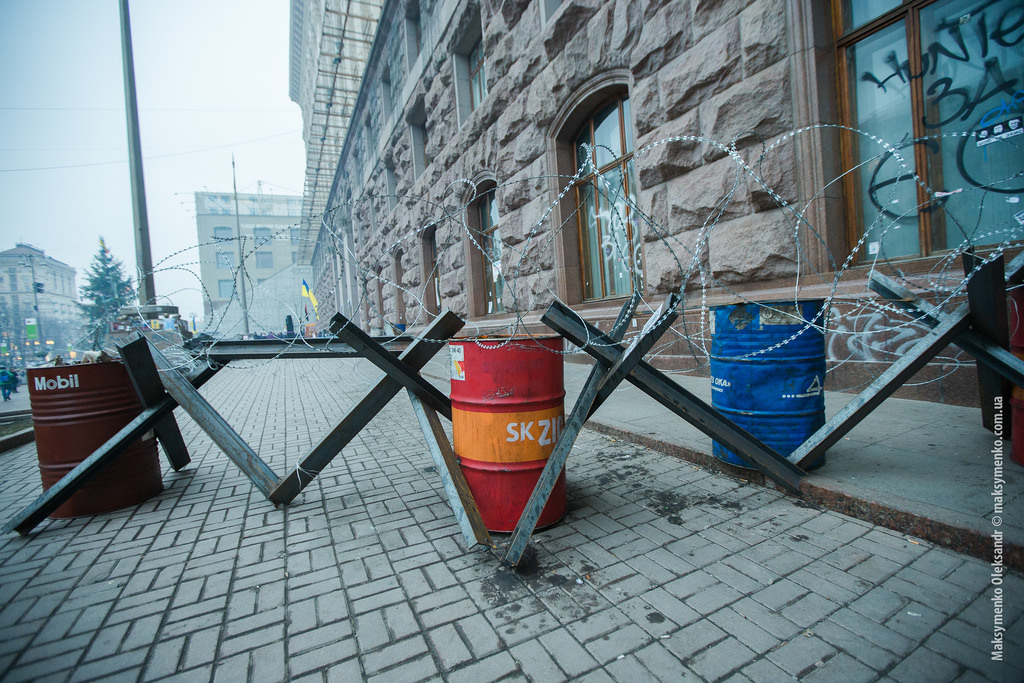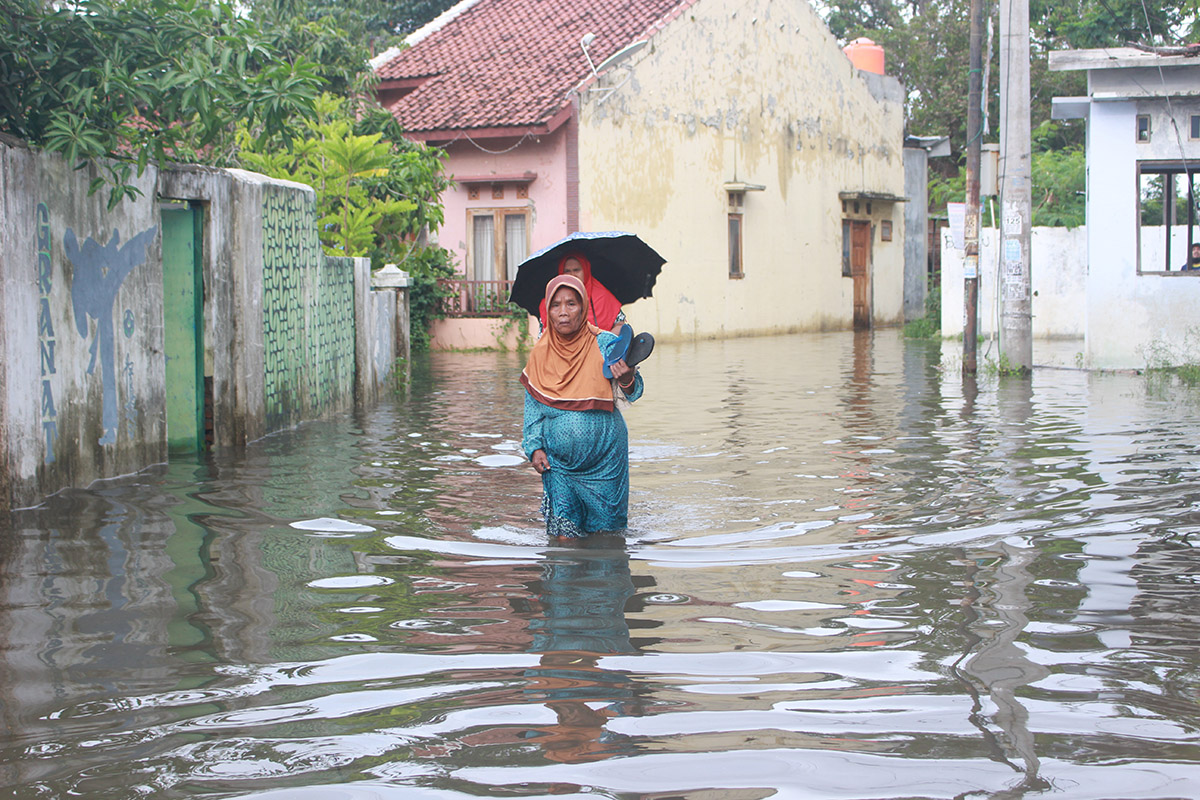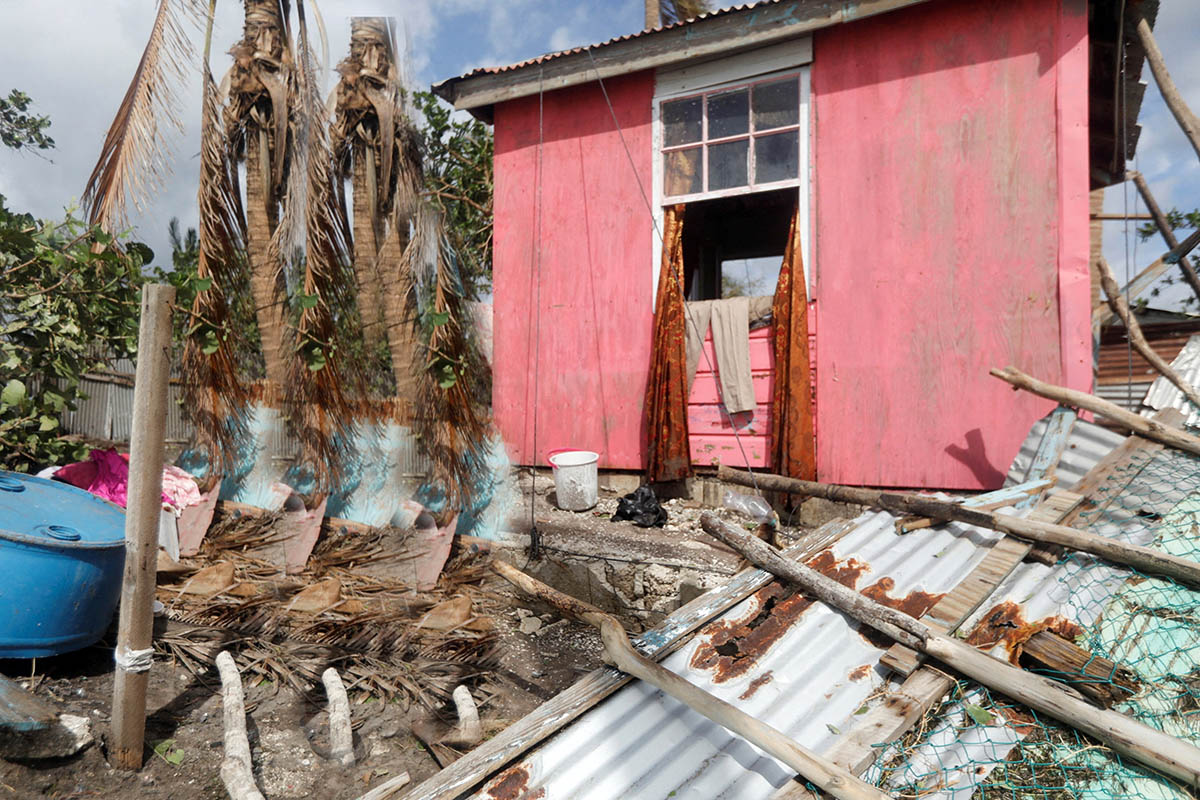“Ways out of the economic crisis in Russia”
December 5Possible ways out of the economic crisis in Russia range from monetary policy to structural changes, writes Enitan Damilola Temidayo, 23, a Correspondent from Nigeria now studying in Moscow, as he looks at the short and long-term views.
Talking about short-term solutions to economic crisis, economists always turn to monetary policy, fiscal policy and devaluation.
Monetary policy involves actions by the central bank, currency board or any other regulatory committee that determines the size and rate of growth of the supply of money. This affects the interest rates.
Monetary policy is implemented through measures such as changing interest rates, buying or selling government bonds, and determining how much money banks must keep in their reserves. In a crisis situation, the central bank implements expansionary monetary policy by reducing interest rates in the country. This, in turn, will stimulate loans.
However, it is worth noting that this strategy over a long period of time will lead to high inflation. At some point a constraining monetary policy is needed, which operates by increasing interest rates and discouraging people from taking loans.
Given Russia’s current economic situation and 4.06 per cent rate of inflation, lowering interest rates would be the perfect strategy to help the economy to recover. This will encourage citizens in taking loans. However, the main obstacle to this strategy is the trust of the citizens: if their trust in government is fluctuating at a low level, instead of borrowing money from banks to buy, they will borrow to save, and it would derail the whole strategy.
Fiscal policy also suggests that during recessions, governments try to intensify their expansionary fiscal policies through tax reductions and increased government spending. In Russia’s case, we can assume that the government will stimulate the economy by increasing spending and reducing tax rates. However, as noted, the success of fiscal policy in this context largely depends on the level of public confidence in the economy.
Devaluation is the conscious efforts of regulators to reduce the value of the currency in the foreign exchange market. This will reduce the cost of exports and improve competitiveness in the international market. Arguing from another point of view, imports become more expensive and thus it contributes to demand for local product.
The main obstacle to this strategy is “Russian pride”, which is embedded in the feeling that Russia is an important figure in the world economy and occupies a significant place in the political arena. This pride will not allow it to devalue its currency, so this strategy is not relevant for modern Russian reality.
Taking into account the long-term exit strategy from the current crisis, we can also talk about structural changes in the Russian economy, with the basic idea of diversification of the economy in mind. The dependence of the Russian economy on oil exports has been proven countless times. Given this, diversification is a wise step to support the economy and free it from excessive dependence on oil and gas.
The potential for Russia to use mining, aerospace, automotive and defense industries to diversify its economy is enormous. Russia needs to invest heavily in the mining industry, where it already has comparative advantage in production and export of gold and diamonds. Also, the aerospace industry and weapons production in which Russia is known as leading producer needs to be expanded, not only to increase GDP, but also to increase employment.
Due to the fact that Russia’s major trading partners are countries of the European Union and taking into account the current political impasse in the relations between EU and Russia, which seriously affected the economic activity between them, it is safe to assume that Russia will try to explore other markets, such as Africa, Asia and South America. This shift will contribute to the speedy establishment of relations between Russia and other countries, thus accelerating its economic integration.
photo credit: snamess Anti-government protests in Kiev via photopin (license)
…………………………………………………………………………………………………………………
About me: I am a vibrant student of International Economics aspiring to work with professionals in the World Bank Group or International Monetary Fund to help sustain the steady development of global economics. Over the years, I have taken interest in reading and researching but only recently discovered my writing potential. I have enjoyed the recent publication of several academic papers.
…………………………………………………………………………………………………………………
Opinions expressed in this article are those of the author and do not necessarily represent the views of the Commonwealth Youth Programme. Articles are published in a spirit of dialogue, respect and understanding. If you disagree, why not submit a response?
To learn more about becoming a Commonwealth Correspondent please visit: http://www.yourcommonwealth.org/submit-articles/
…………………………………………………………………………………………………………………





